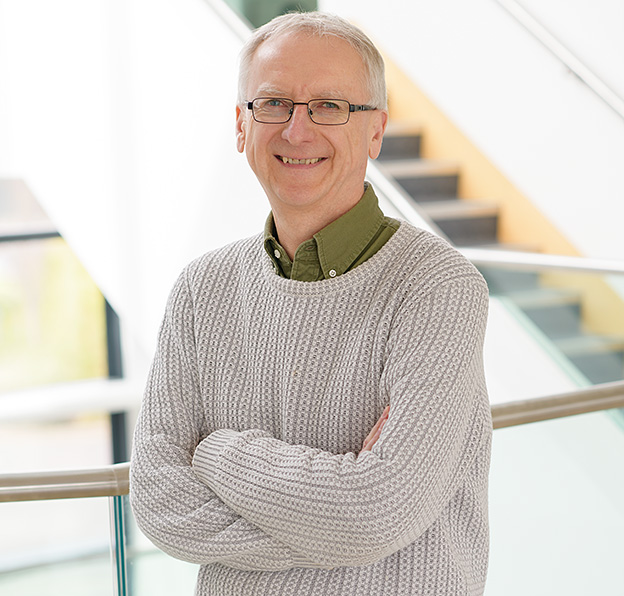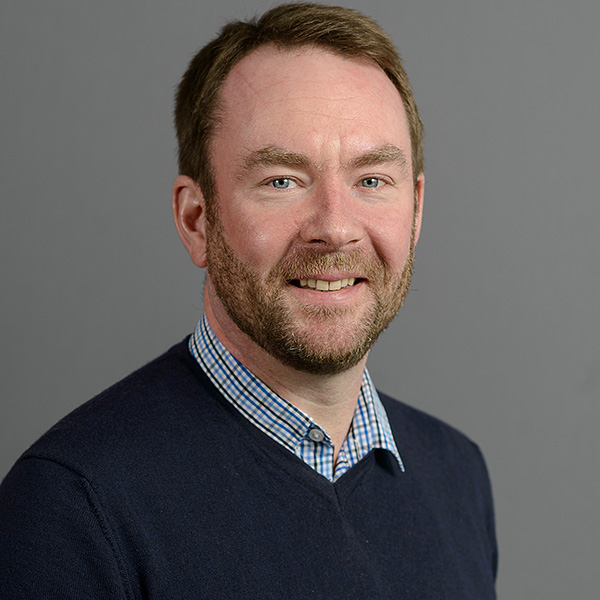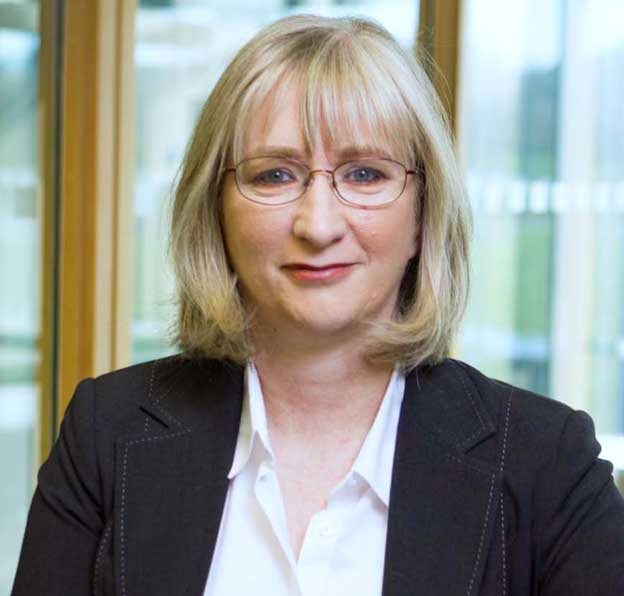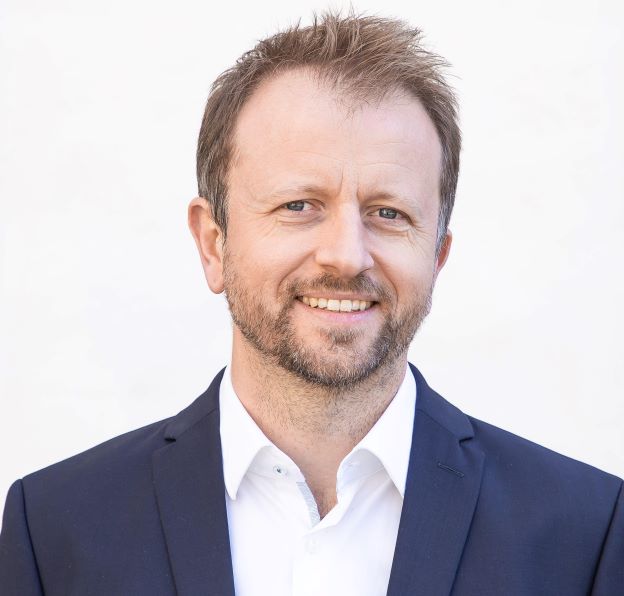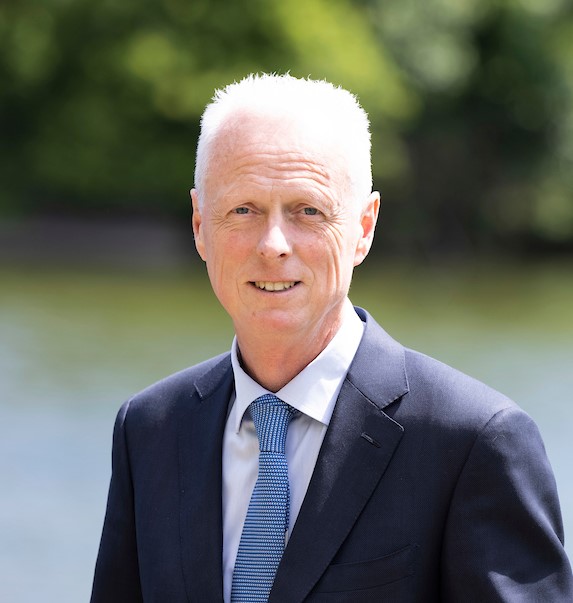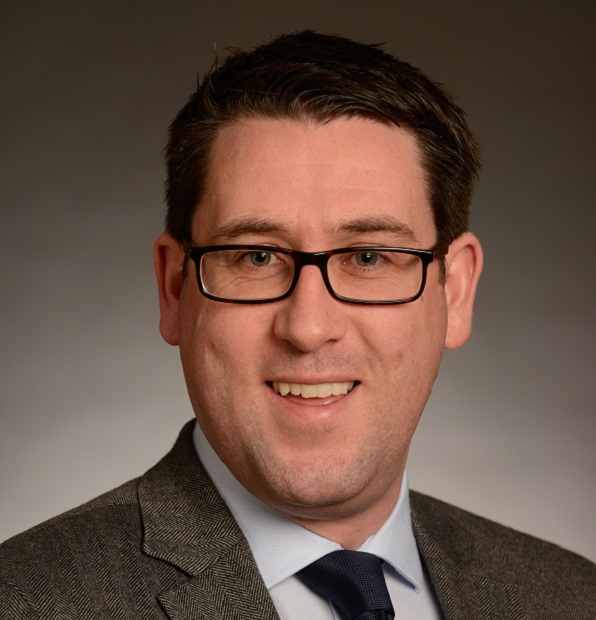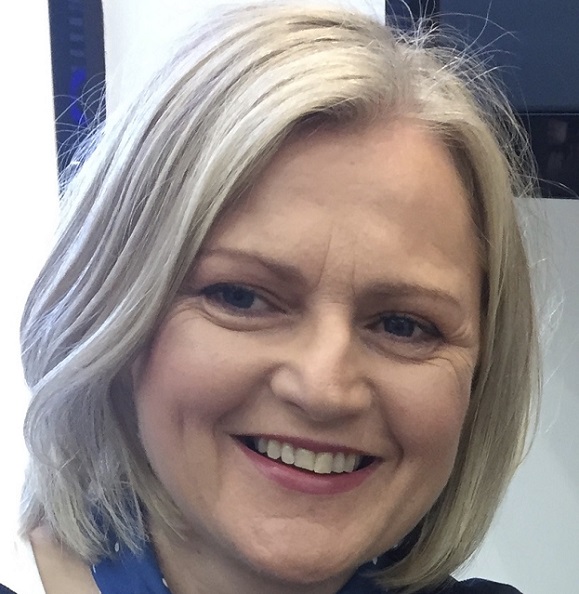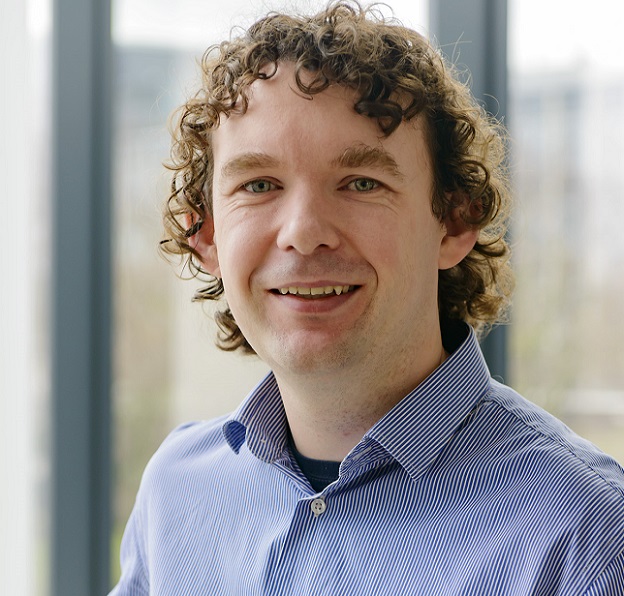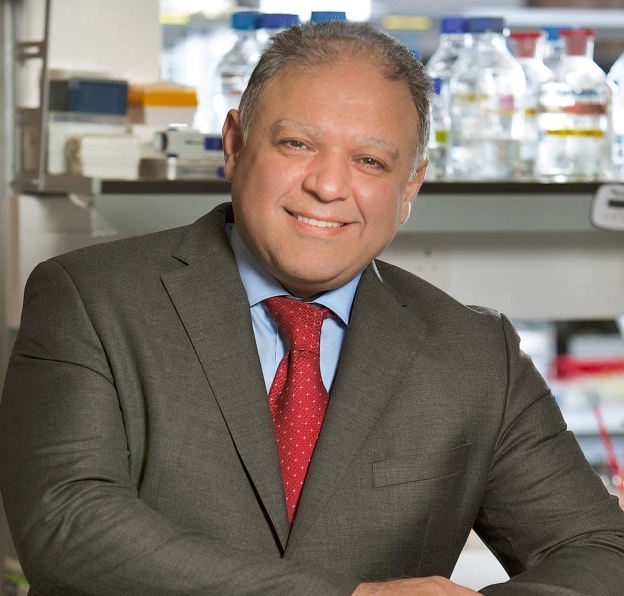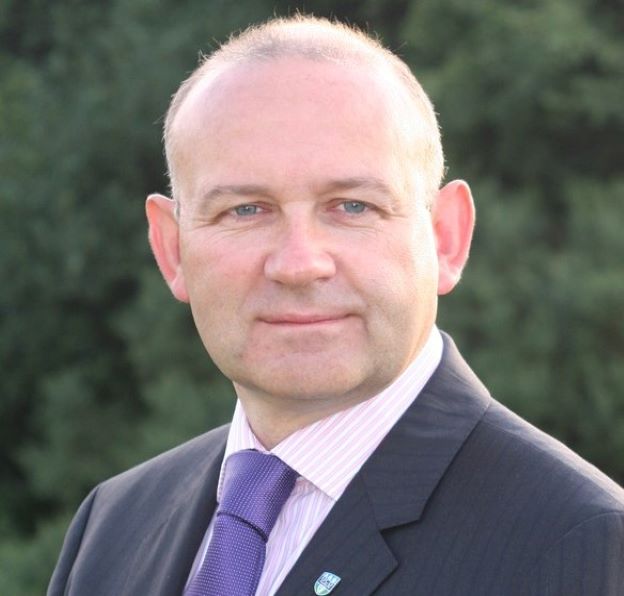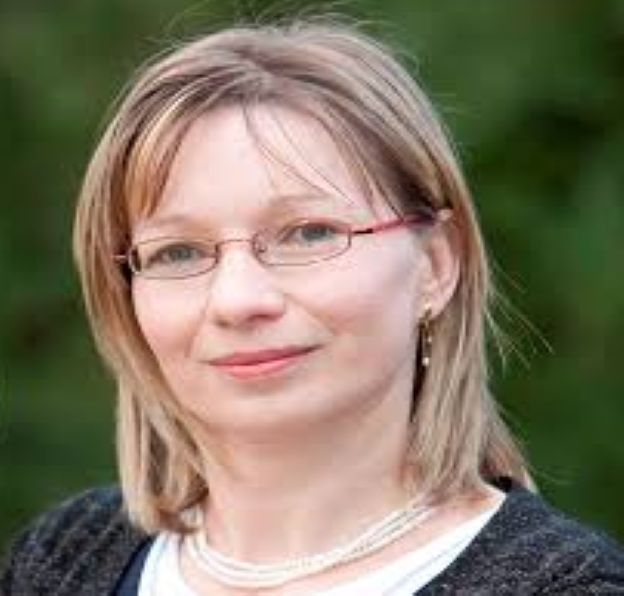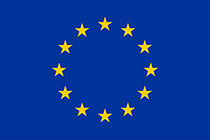Prof. Walter Kolch
Director Systems Biology Ireland and Precision Oncology Ireland, School of Medicine, University College Dublin
Prof. Walter Kolch is Director of Systems Biology Ireland. He is also the Programme Coordinator for DevelopMed and Director of Precision Oncology Ireland. A leading international proponent of precision medicine, he is internationally recognised for his cutting-edge research using systems approaches to understand signalling networks and is ranked 2nd in the world in precision medicine, 6th in systems medicine, 23rd in signal transduction and 40th in proteomics (Google Scholar). His current interest is focusing on using computational modelling and omics approaches to analyse biological networks to elucidate the molecular mechanisms of cancer and other diseases in order to design new approaches to personalised diagnostics and treatment based on a systems level, molecular mechanistic understanding. Using mathematical and computational modelling to analyse the network structure of cell signalling, the aim is to predict responses to perturbations (such as drugs), define the most sensitive points for interference by drugs, and analyse the specificity of signalling and adaptation processes.
For further information visit: https://people.ucd.ie/walter.kolch
Prof. Jonathan Bond
UCD Brendan McGonnell Professor of Paediatric Molecular Haemato-Oncology, Systems Biology Ireland, University College Dublin
Jonathan Bond is the UCD Brendan McGonnell Professor of Paediatric Molecular Haemato-oncology and Honorary Consultant Paediatric Haematologist at Children’s Health Ireland (CHI) at Crumlin. He originally trained as a clinical haematologist in Ireland before pursuing a scientific research career in the UK (UCL Institute of Child Health, MRC London Institute of Medical Sciences and Imperial College London) and France (Institut Necker-Enfants Malades, Paris). His main research focus has been to try to understand transcriptional and epigenetic dysregulation in acute leukaemia.
Prof. Bond returned to Ireland in 2018 to lead a new collaborative paediatric leukaemia research programme between the National Children’s Cancer Service at CHI and Systems Biology Ireland at UCD. His group uses systems biology approaches to study the biology of paediatric blood cancers, with the ultimate aim of finding more precise and effective cures for children and adolescents with these diseases.
For more information see: https://people.ucd.ie/jonathan.bond
Prof. David Brayden
Professor, School of Veterinary Medicine, University College Dublin
David Brayden is a Full Professor of Advanced Drug Delivery at UCD. As a pharmacologist with a PhD from the University of Cambridge (UK) and postdoctoral fellow experience at Stanford University (USA), he spent 10 years in the pharmaceutical industry at Elan Biotechnology Research before joining UCD. His interests are in solving drug delivery problems using nanoparticles and permeation enhancers. Cancer-derived epithelial cell lines from relevant tissues in the GI tract are key resources in tracking uptake and trafficking of drug-containing nanoparticles as effective cancer therapeutics. David has supervised 20 PhD candidates to completion and has recent experience supervising Marie Sklodowska Curie Actions Individual Fellows and Co-Fund Fellows. He is Ireland’s only Fellow of the American Association of Pharmaceutical Scientists (2017) and the Controlled Release Society (2012). He has published over 200 peer reviewed papers and has over 6800 citations of his team’s research (Google Scholar). For further information visit: https://people.ucd.ie/david.brayden
Prof. Brayden co-supervises a fellow with Prof. Jeremy Simpson. For further information about Prof. Simpson's research visit https://people.ucd.ie/jeremy.simpson
Prof. Adrienne Gorman
Professor in Biochemistry at the University of Galway
Adrienne Gorman is a Professor in Biochemistry at the University of Galway. She received a PhD in Biochemistry from Trinity College Dublin and did postdoctoral training in University of St Andrews, Scotland and Karolinska Institute, Stockholm. She joined the faculty at NUI Galway in 2000. She is currently Director of Postgraduate Studies in Biochemistry and of the structured PhD programme in Cellular and Molecular Biology. In 2016 she was awarded the NUI Galway University President’s award for Excellence in Research Supervision. She is an SFI Funded Investigator.
Her research interest is on cell stress response pathways and their impact on cellular survival. She is particularly focussed on the endoplasmic reticulum (ER) stress response pathway and how its role in promoting tumour progression and chemo-resistance. Her group use cellular and molecular approaches to investigate the role of constitutive activation of the IRE1 arm of ER stress response pathway in triple negative breast cancer, pancreatic cancer and glioblastoma.
For further information visit: https://www.universityofgalway.ie/our-research/people/adriennegorman
Assoc. Prof. Rory Johnson
Associate Professor, School of Biology and Environmental Science, University College Dublin
The fields of genomics and genome-editing hold the keys to revolutionising healthcare. The Laboratory for Genomics of Long noncoding RNAs in Disease (GOLD Lab) aims to elucidate non-protein coding RNA regulatory pathways in cancer, and employ this knowledge for next generation therapies. We are an interdisciplinary team, bringing together expertise in molecular biology, clinical research and computer science. We have developed a suite of tools based on CRISPR-Cas9 genome-editing, designed for powerful screens for novel drug targets. In particular, we focus on a huge but mysterious class of genes: long noncoding RNAs (lncRNAs). LncRNAs have been linked to diverse cancers, yet our genome contains tens of thousands more that remain to be characterised. We aim to develop ever more powerful CRISPR tools to comprehensively discover and drug lncRNAs in cancer.
For further information visit https://people.ucd.ie/rory.johnson
Prof. Michael Keane
Dean of Medicine and Head of School, UCD School of Medicine; Professor of Medicine and Therapeutics, University College Dublin and Consultant Respiratory Physician, St. Vincent’s University Hospital
Professor Michael Keane graduated from UCD in 1989 and following initial clinical training in Dublin, moved to the University of Michigan, Ann Arbor for a fellowship in pulmonary and critical care medicine in 1995. He subsequently took up a faculty position at University of Michigan in 1998 and in 2000 moved to University of California, Los Angeles where he was Professor of Medicine and Programme Director for the UCLA Interstitial Lung Disease Center.
Professor Keane returned to UCD and St Vincent's University Hospital in 2007 where he is an SFI Principal Investigator at the UCD Conway Institute and SVHG Lead Clinical Coordinator for Lung Cancer services. He is Chairman of the Medicine Division, Chair of the SVHG Medical Executive and a member of the hospital Board of Directors. He is Clinical Director of the UCD Clinical Research Centre and a member of the Molecular Medicine Ireland Board of Directors. His research interests centre on molecular investigation into, and treatment of, inflammatory lung diseases; particularly pulmonary fibrosis. For more information see: https://people.ucd.ie/michael.p.keane.
Prof. Keane co-supervises a fellow with Prof. Cormac McCarthy. For further information about Prof. McCarthy's research visit https://people.ucd.ie/cormac.mccarthy
Assoc. Prof. Cormac McCarthy
Associate Professor/Consultant Respiratory Physician, School of Medicine, University College Dublin and Education & Research Centre, St. Vincent’s University Hospital
Cormac McCarthy is a clinician scientist with a specific interest in the pathogenesis of rare lung diseases and interstitial lung disease. Prior to his appointments in UCD and SVUH in 2018, he was the National Institutes of Health Rare Lung Disease Scholar at the Rare Lung Disease Consortium in the United States, based in Cincinnati, Ohio. He has a particular interest in innate immunity, exosomes, glycobiology of plasma proteins, cholesterol homeostasis in macrophages and lipidomics in the lung. His research uses translational and clinical approaches to better understand the pathogenesis of lung diseases (e.g. pulmonary alveolar proteinosis (PAP)), as well as novel therapeutic targets and disease epidemiology; ultimately contributing to ongoing clinical trials.
His group investigates diffuse cystic lung diseases, particularly lymphangioleiomyomatosis (LAM). He established a National Cystic Lung Disease Referral Centre for Ireland and a national registry of patients with LAM. His group is currently focused on determining the role of exosomes and immune cells in the development of the pre metastatic niche in LAM. Further information: https://people.ucd.ie/cormac.mccarthy.
Prof. McCarthy co-supervises a fellow with Prof. Michael Keane. For further information about Prof. Keane's research visit https://people.ucd.ie/michael.p.keane.
Dr. Sharon McKenna
Principal Investigator, Cancer Research, University College Cork
Dr Sharon McKenna is a Principal Investigator at CancerResearch@UCC and leads the Autophagy research group. She obtained her PhD at the Leukaemia Research Fund Laboratories, in the University of Wales, College of Medicine, UK in 1995. Following post-doctoral research at Cardiff and the Department of Biochemistry, UCC, Dr McKenna was appointed Lecturer in the Department of Biochemistry, UCC in 1999 and from 2002 a Principal Investigator at the Cork Cancer Research Centre (CCRC).
Her team have been investigating how autophagy influences cancer biology and chemo-resistance. This group previously identified a group of genes associated with more drug sensitive oesophageal cancer cells These genes co-operate to add a ubiquitin like post-translational modification to target proteins. We have shown that this modification can influence autophagy in oesophageal cancer cells. In this project we want to identify the protein targets that are covalently modified and understand how this modification influences autophagy as this is both an inducible and reversible pathway in cancer.
For further information about Dr. McKenna’s research please visit: https://www.ucc.ie/en/med-health/research/ or: https://orcid.org/0000-0002-6764-6274
Prof. Helen Roche
Full Professor of Nutrigenomics @ UCD Conway Institute & UCD Institute of Food & Health, University College Dublin
Helen Roche's background is in Human Nutrition, Dietetics and Molecular Nutrition. Her Nutrigenomics team focus on the impact of diet on interactions between metabolism and inflammation, within obesity, T2D, NAFLD and obesity related cancer. She is PI in several multidisciplinary programmes including ‘ImmunoMet’ which addresses interactions between nutritional status, metabolic health and the gut microbiome, in collaboration with Microbiome Ireland. A recent Science Foundation Ireland Frontiers Investigator Award entitled ‘Diet, Immune Training and Metabolism’ will determine the impact of diet and metabolism on Innate Immune responses in obesity and NAFLD. She is PI in Precision Oncology Ireland wherein her team are determining the extent to which the nature of the dietary environment interact with obesity to promote cancer risk. Key cancer collaborators are Prof Jacinta O’Sullivan (Trinity College Dublin) and Dr David Gomez-Matallanas (Systems Biology Ireland, University College Dublin). Prof Roche chaired the Scientific Advisory Board of the European Healthy Life Healthy Diet Joint Programming Initiative (HDHLJPI) 2015-2018.
For further information visit: https://people.ucd.ie/helen.roche
Asst. Prof. Colm Ryan
Assistant Professor, UCD School of Computer Science and Group Leader, Systems Biology Ireland, University College Dublin
Colm J. Ryan is an Assistant Professor in the School of Computer Science in University College Dublin, a Group Leader in Systems Biology Ireland, and an Irish Research Council Laureate. He initially trained as a computer scientist in Trinity College Dublin and worked as a software developer for IBM before completing a PhD in Computational Biology at UCD. He has worked as a visiting scientist at the University of California, San Francisco and at the Institute of Cancer Research in London.
The Ryan lab is an interdisciplinary research group at Systems Biology Ireland that includes team members with primary degrees in Computer Science, Genetics, and Biochemistry. The group develop computational approaches to understand the connection between genotype and phenotype in cancer. A particular focus is the development of approaches to understand and predict synthetic lethality in cancer - a phenomenon whereby mutation of one gene renders tumour cells especially sensitive to the perturbation of a second gene.
For more information see: https://www.ucd.ie/sbi/team/
Prof. Afshin Samali
Professor of Cancer Biology and Director of Apoptosis Research Centre at the University of Galway
Afshin Samali is a Professor of Cancer Biology and Director of Apoptosis Research Centre at the University of Galway. He received a PhD in Biochemistry from University College Cork and did postdoctoral training in Karolinska Institute, Stockholm. He joined the faculty at the University of Galway in 2000. He was awarded the NUI Galway University President’s award for Excellence in Research Supervision (2014) and for Excellence in Research –Established Researcher (2015). He was elected a member of Royal Irish Academy in 2020.
His research focuses on cellular response to stress in general, and he has made an impact in delineating how cells respond to endoplasmic reticulum (ER) stress and the consequences of activation of the Unfolded Protein Response. In particular, his group are exploring how IRE1’s RNase activity regulates the hallmarks of cancer through post-transcriptional regulation of the XBP1 transcription factor, and also through selective degradation of other mRNAs and microRNAs.
For further information visit: https://www.universityofgalway.ie/our-research/people/afshinsamali/
Prof. Jeremy Simpson
Full Professor of Cell Biology, School of Biology and Environmental Science, University College Dublin
Jeremy Simpson received his PhD from the University of Warwick, followed by more than nine years as a postdoctoral research fellow at the EMBL in Heidelberg. His laboratory studies the endomembrane system of mammalian cells, using a range of molecular techniques to understand how they are co-ordinated spatially and temporally. Of particular interest is gaining a deeper understanding of how synthetic nanoparticles traffic from the cell surface to organelles of the early secretory pathway, and exploring the use of these pathways for their potential as drug delivery routes. Jeremy’s laboratory applies modern fluorescence microscopy approaches, in particular automated high-throughput microscopy combined with RNA interference. He has authored over 110 peer reviewed publications, with more than 6,900 citations. For further information about Prof. Simpson's research visit https://people.ucd.ie/jeremy.simpson
Prof. Simpson co-supervises a fellow with Prof. David Brayden. For further information about Prof. Brayden's research visit https://people.ucd.ie/david.brayden.
Dr. Eva Szegezdi
Research Lecturer in Cancer Biology at the Discipline of Biochemistry, University of Galway and Head of Blood Cancer Network Ireland
Dr. Eva Szegezdi is a senior lecturer in biochemistry at the University of Galway. She has over 20 years research experience in cell stress and death signalling in cancer. She is the director of the M.Sc. programme in Cancer Research, and co-ordinator of the Doctorate School in Integrative Genomics (EU-H2020-MSCA-COFUND) and the DISCOVER H2020-RISE programme. She also leads Blood Cancer Network Ireland, a nationwide research network for blood cancer research, focusing on pre-clinical research, biobanking, early-stage clinical trials and registry in blood cancers.
Research in her laboratory focuses on the molecular wiring of cancer cells and the tumour-microenvironment driving drug resistance at single cell level using genomic, biochemical and cell biology assays. A particular focus is how clonal heterogeneity drives drug resistance and how interactions between malignant cells and the tumour microenvironment evolve with disease progression underpinning drug resistance and leukemia relapse.
For further information visit: https://www.universityofgalway.ie/our-research/people/evaszegezdi/
